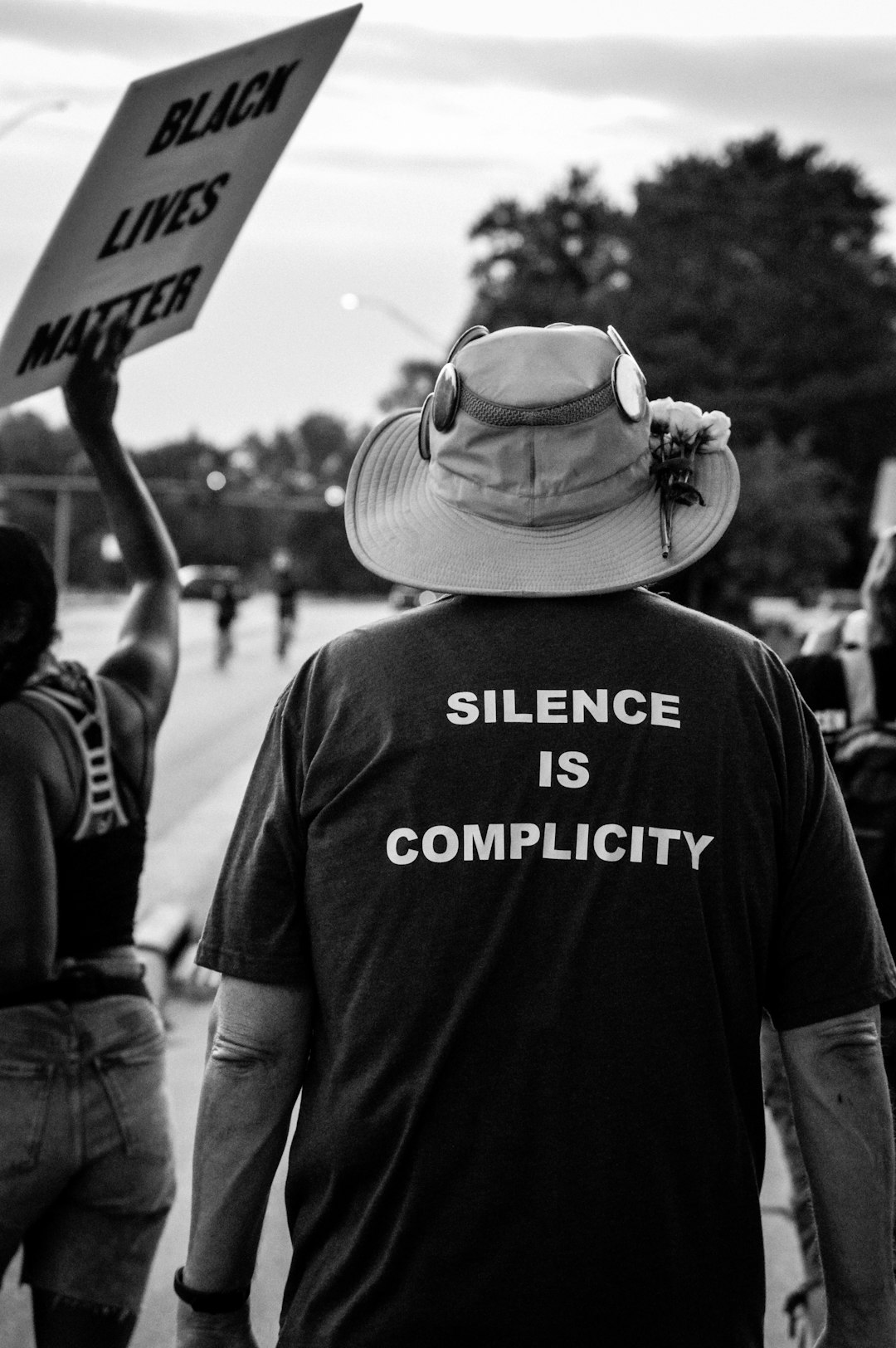Nebraska has strict anti-spam laws to protect residents from unsolicited automated calls and texts (robocalls). Individuals facing persistent spam issues can consult robocall lawyers or spam call law firms in Nebraska for legal remedies. These experts help navigate Do Not Call laws, file complaints with the PSC, and pursue legal action against spammers. Businesses must follow state laws by obtaining explicit consent, providing opt-out options, and maintaining detailed records to avoid legal troubles.
Nebraska has strict rules to combat spam communications, particularly robocalls and unwanted texts. Understanding these regulations is crucial for both consumers and businesses to protect their rights. This article guides you through Nebraska’s anti-spam legislation, explaining when robocalls become unlawful, consumer complaint processes, and the role of lawyers in addressing violations. Additionally, it offers best practices for businesses to avoid legal pitfalls related to spam calls in Nebraska, emphasizing the importance of seeking expert advice from a robocall lawyer or spam call attorney in the state.
Understanding Nebraska's Anti-Spam Legislation

Nebraska has established comprehensive rules to combat spam communications, particularly targeting robocalls and unwanted texts. The state’s anti-spam legislation aims to protect residents from intrusive and unsolicited marketing calls, providing them with tools to assert control over their communication preferences. This legislation is a game-changer for consumers who often find themselves on the receiving end of relentless robocalls, promoting various products and services.
Under Nebraska’s spam call laws, businesses and organizations are prohibited from making automated telephone calls or sending text messages to residents without prior explicit consent. This means that if you have not given permission for a company to contact you via these methods, they cannot initiate such communications. Residents can assert their rights by registering on the Do Not Call list, which is enforced by the Nebraska Department of Banking and Insurance. For those who have already been overwhelmed by spam calls or texts, consulting with a robocall lawyer in Nebraska or a spam call law firm can be a wise step to understand their legal options and protect themselves from future unwanted communications.
When Is a Robocall Consider Unlawful?

Rights of Consumers: How to File a Complaint

In Nebraska, consumers have rights protected by state laws aimed at curbing spam communications, particularly nuisance robocalls and unwanted texts. If you’ve received a robocall or spam text that you’d like to stop, there are several steps you can take. The first course of action is to hang up immediately and do not engage the caller. Many robocalls use automated systems, so hanging up promptly can help prevent further calls from being generated.
Filing a complaint with the Nebraska Public Service Commission (PSC) is another crucial step. You can file a complaint online or by contacting their office directly. Additionally, consider retaining a robocall lawyer or spam call law firm in Nebraska to assist you. Legal experts specializing in telecommunications law can help navigate the nuances of the state’s Do Not Call laws and ensure your rights are protected. They can also take necessary actions on your behalf if the spammer continues to harass you despite your efforts to stop it.
Legal Recourse for Violations: The Role of Lawyers

In Nebraska, violations of spam communication laws can lead to significant legal repercussions. If you’ve received robocalls, spam texts, or other unwanted communications, understanding your rights and seeking legal counsel is crucial. A robocall lawyer in Nebraska or a spam call attorney specializing in state laws can guide you through the process of filing a complaint with the Nebraska Public Service Commission (PSC). These experts are familiar with the do-not-call laws and can help ensure that your rights as a consumer are protected.
In addition to PSC complaints, a lawyer for unwanted texts or robocalls in Nebraska may assist in pursuing legal action against the offending parties. This could involve seeking damages for each violation, which can be substantial, especially if the calls or messages are persistent and invasive. Having a legal team experienced in robocall laws Nebraska ensures that you receive the maximum compensation and that the violators are held accountable for their actions.
Best Practices for Businesses to Avoid Legal Pitfalls

To avoid legal pitfalls related to spam communications, businesses in Nebraska should prioritize best practices that align with state laws and protect consumer rights. One key practice is obtaining explicit consent from recipients before initiating any robocalls or sending unwanted texts. This involves clearly communicating the purpose of the call or message and providing a simple opt-out mechanism. Businesses should also ensure their marketing materials accurately represent the nature of the communication, avoiding misleading language or promises that could be considered deceptive. Regularly reviewing and updating privacy policies and training employees on compliance procedures can help maintain adherence to the Spam Call law in Nebraska, which includes restrictions on automated calls and text messages without prior consent.
Additionally, maintaining detailed records of consumer opt-in and opt-out choices is crucial. This documentation should be easily accessible for auditing purposes and demonstrate businesses’ efforts to respect consumer preferences. Engaging the services of a robocall lawyer or spam call attorney in Nebraska can offer expert guidance tailored to the state’s regulations, ensuring that businesses stay compliant with the Do Not Call law firms operating within the region. By embracing these best practices, companies can safeguard themselves from potential legal issues and maintain positive relationships with their customers.






